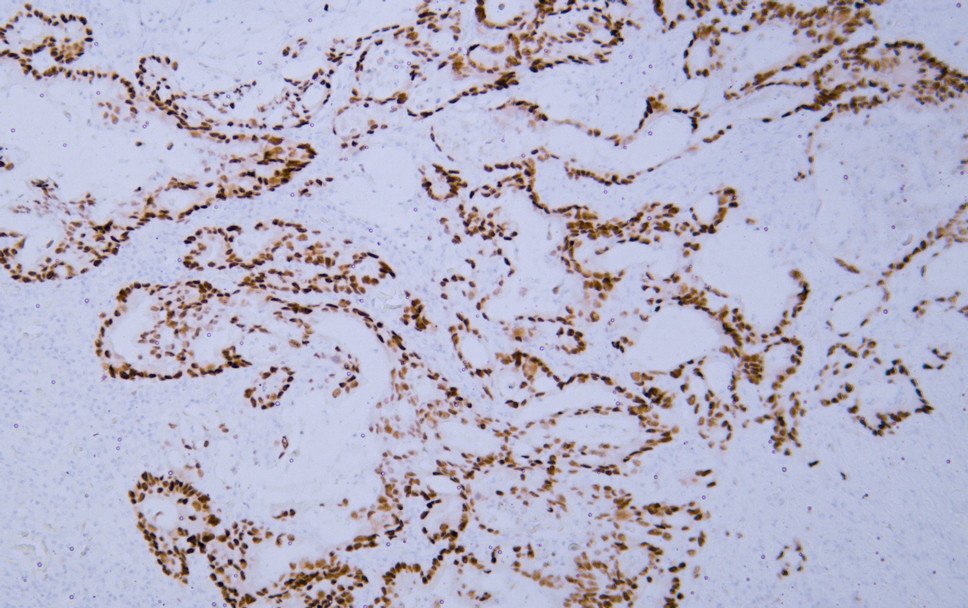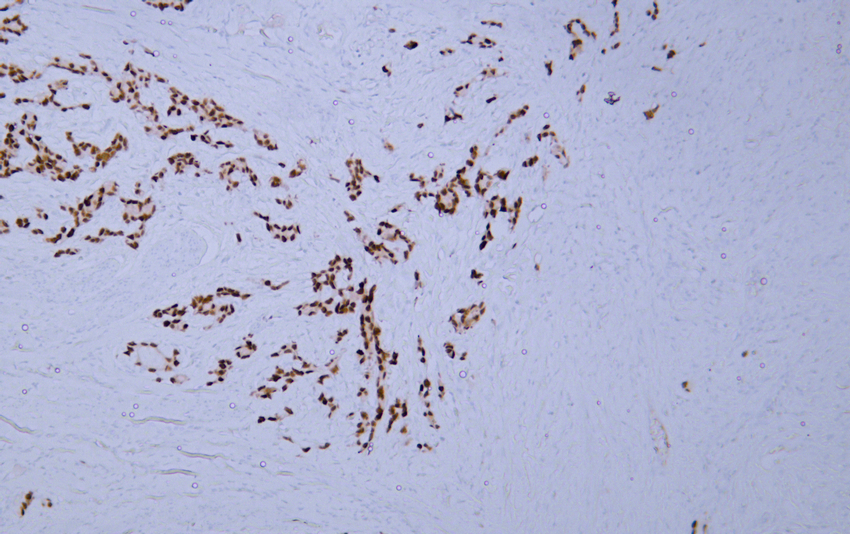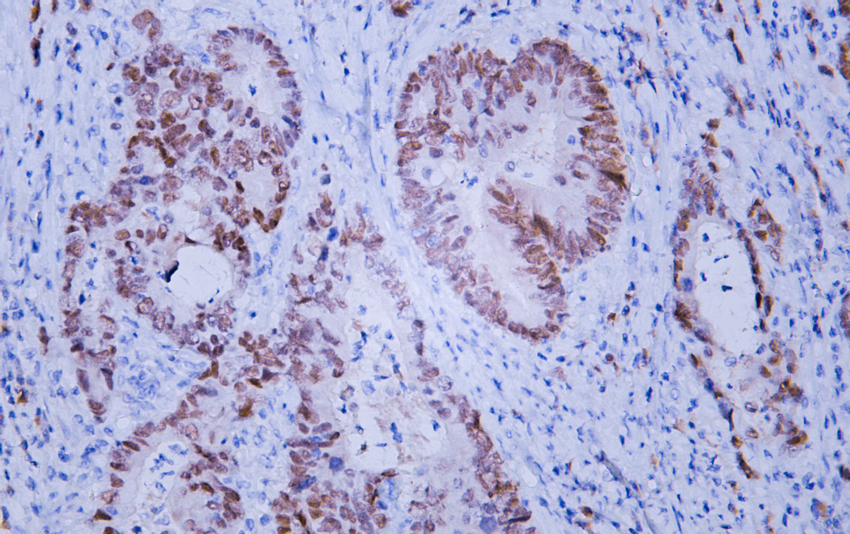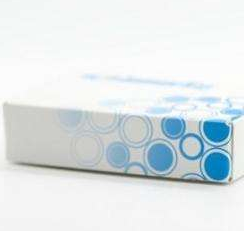SOX9 (ABT-SOX9) mouse mAb (Ready to Use)
- Catalog No.:YM6546R
- Applications:IHC
- Reactivity:Human;Mouse;Rat;Bovin;
- Target:
- Sox-9
- Fields:
- >>cAMP signaling pathway
- Gene Name:
- SOX9
- Protein Name:
- Transcription factor SOX-9
- Human Gene Id:
- 6662
- Human Swiss Prot No:
- P48436
- Immunogen:
- Synthesized peptide derived from human SOX9 AA range: 1-100
- Specificity:
- The antibody can specifically recognize human SOX9 protein.
- Formulation:
- The prediluted ready-to-use antibody is diluted in phosphate buffer saline containing stabilizing protein and 0.05% Proclin 300
- Source:
- Mouse, Monoclonal/IgG2b, kappa
- Dilution:
- Ready to use for IHC
- Purification:
- The antibody was affinity-purified from ascites by affinity-chromatography using specific immunogen.
- Storage Stability:
- 2°C to 8°C/1 year
- Background:
- SRY-box 9(SOX9) Homo sapiens The protein encoded by this gene recognizes the sequence CCTTGAG along with other members of the HMG-box class DNA-binding proteins. It acts during chondrocyte differentiation and, with steroidogenic factor 1, regulates transcription of the anti-Muellerian hormone (AMH) gene. Deficiencies lead to the skeletal malformation syndrome campomelic dysplasia, frequently with sex reversal. [provided by RefSeq, Jul 2008],
- Function:
- disease:Defects in SOX9 are the cause of campomelic dysplasia (CMD1) [MIM:114290]. CMD1 is a rare, often lethal, dominantly inherited, congenital osteochondrodysplasia, associated with male-to-female autosomal sex reversal in two-thirds of the affected karyotypic males. A disease of the newborn characterized by congenital bowing and angulation of long bones, unusually small scapulae, deformed pelvis and spine and a missing pair of ribs. Craniofacial defects such as cleft palate, micrognatia, flat face and hypertelorism are common. Various defects of the ear are often evident, affecting the cochlea, malleus incus, stapes and tympanum. Most patients die soon after birth due to respiratory distress which has been attributed to hypoplasia of the tracheobronchial cartilage and small thoracic cage.,function:Plays an important role in the normal skeletal development. May regulate the expression
- Subcellular Location:
- Nuclear
- Expression:
- Eye,PNS,Testis,
- June 19-2018
- WESTERN IMMUNOBLOTTING PROTOCOL
- June 19-2018
- IMMUNOHISTOCHEMISTRY-PARAFFIN PROTOCOL
- June 19-2018
- IMMUNOFLUORESCENCE PROTOCOL
- September 08-2020
- FLOW-CYTOMEYRT-PROTOCOL
- May 20-2022
- Cell-Based ELISA│解您多样本WB检测之困扰
- July 13-2018
- CELL-BASED-ELISA-PROTOCOL-FOR-ACETYL-PROTEIN
- July 13-2018
- CELL-BASED-ELISA-PROTOCOL-FOR-PHOSPHO-PROTEIN
- July 13-2018
- Antibody-FAQs
- Products Images

- Human colon carcinoma tissue was stained with Anti-SOX9 (ABT-SOX9) Antibody

- Human gastric adenocarcinoma tissue was stained with Anti-SOX9 (ABT-SOX9) Antibody

- Human rectal carcinoma tissue was stained with Anti-SOX9 (ABT-SOX9) Antibody
